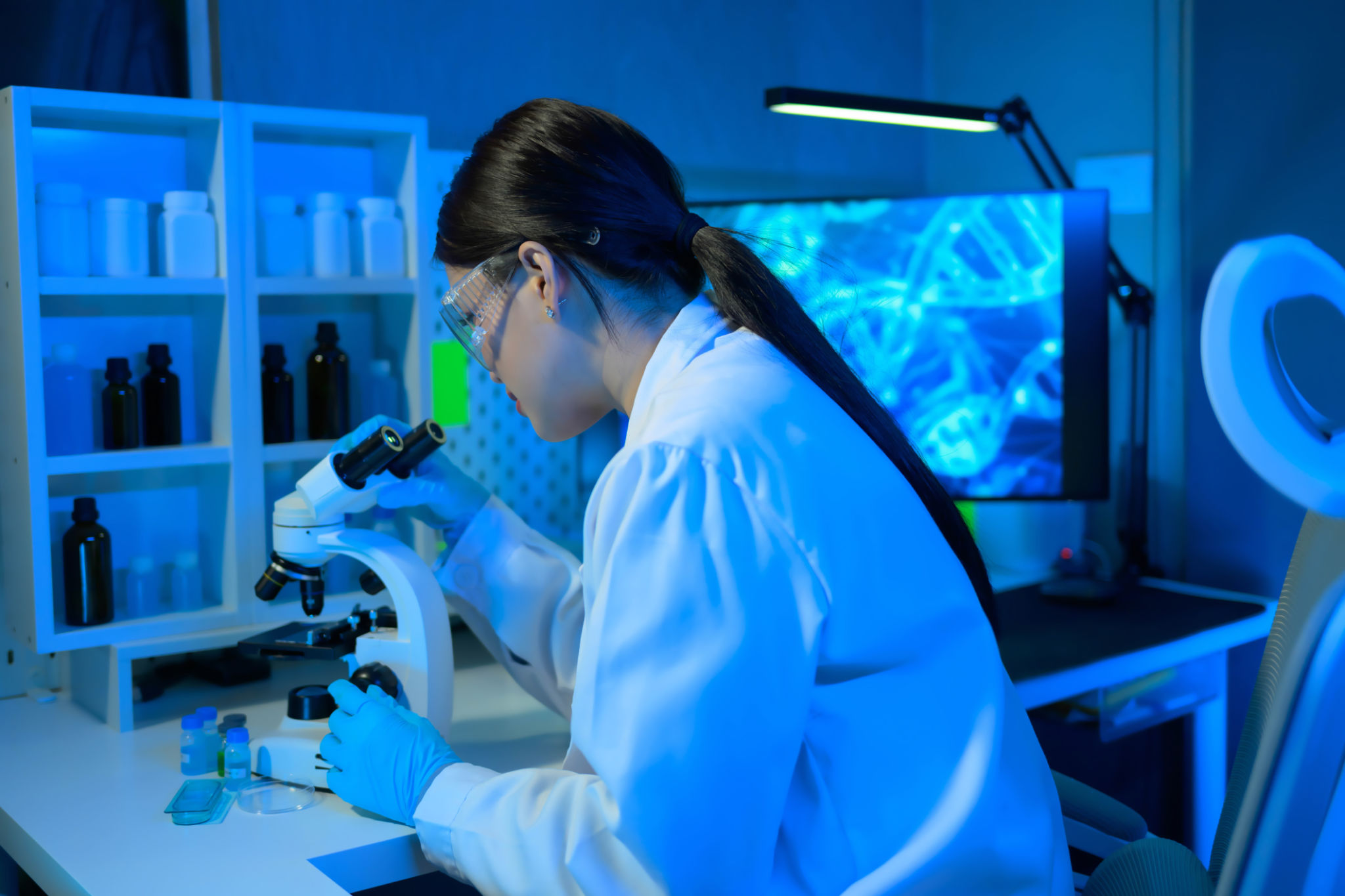Expert Insights: Innovations in Drug Testing Technology
Revolutionizing Drug Testing: A New Era
In recent years, the field of drug testing has experienced significant advancements, driven by the need for more accurate, efficient, and less invasive methods. These innovations are reshaping how industries approach both workplace safety and personal health assessments. As technology evolves, so too do the ways in which we can detect substances in the body, offering promising prospects for the future.

Advancements in Detection Methods
Traditional drug testing methods, such as urine and blood tests, have long been the standard in various settings. However, they come with limitations, including invasiveness and the potential for privacy concerns. Recent innovations have introduced alternative methods that are less intrusive and offer faster results. Saliva and hair follicle tests are gaining popularity due to their non-invasive nature and ability to provide a longer detection window.
Additionally, new technologies are focusing on expanding detection capabilities. For example, the development of portable breathalyzers for drugs is an exciting leap forward. These devices can detect drug metabolites in breath, providing instant results and making them ideal for roadside and workplace testing.
Integration of Artificial Intelligence
The integration of artificial intelligence (AI) in drug testing is transforming how data is analyzed and interpreted. AI algorithms can process vast amounts of data more quickly and accurately than traditional methods. This enhances the precision of results and reduces human error, which is critical in high-stakes environments such as law enforcement and medical diagnostics.

Moreover, machine learning models are being trained to identify patterns and predict outcomes based on test results. This predictive capability can be invaluable for healthcare providers in creating tailored treatment plans or for employers in maintaining a safe work environment.
Wearable Technology: The Future of Monitoring
Wearable devices have made their mark in various health sectors, and drug testing is no exception. Innovations in wearable technology provide continuous monitoring of biochemical markers associated with drug use. Devices like smart patches can track sweat composition and detect drug presence over time.
This continuous monitoring approach not only enhances preventative measures but also supports individuals undergoing rehabilitation by providing real-time feedback on their progress.

Privacy and Ethical Considerations
As these technologies advance, it is crucial to address the privacy and ethical implications that arise. Balancing the benefits of innovative drug testing with individuals' rights to privacy must remain a priority. Clear regulations and guidelines are essential to ensure that these technologies are used responsibly and ethically.
Furthermore, transparency in how data is collected, stored, and used is vital to maintaining public trust. Ongoing dialogue among stakeholders, including technology developers, policymakers, and the public, will help navigate these complex issues.
The Road Ahead
The innovations in drug testing technology hold great promise for improving public safety, personal health management, and workplace productivity. As these technologies continue to evolve, they will undoubtedly bring about more efficient and effective ways to address substance use issues.
Embracing these advancements while maintaining ethical standards will be key to unlocking their full potential. With continued research and collaboration across disciplines, the future of drug testing technology looks bright.
